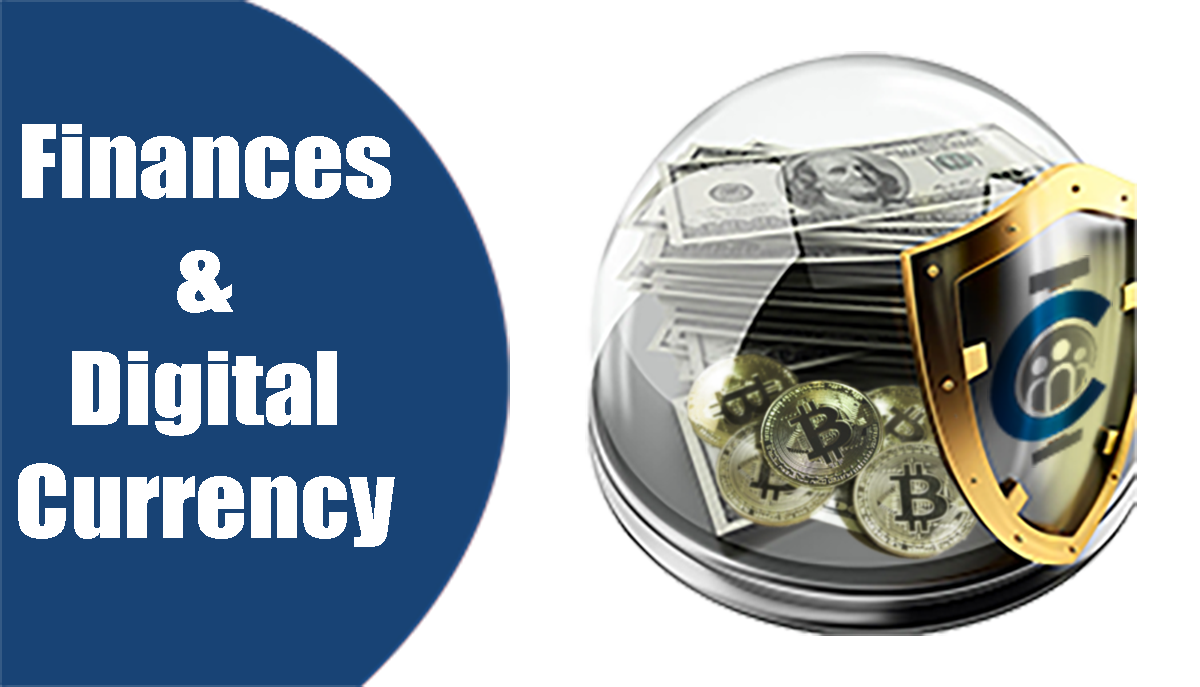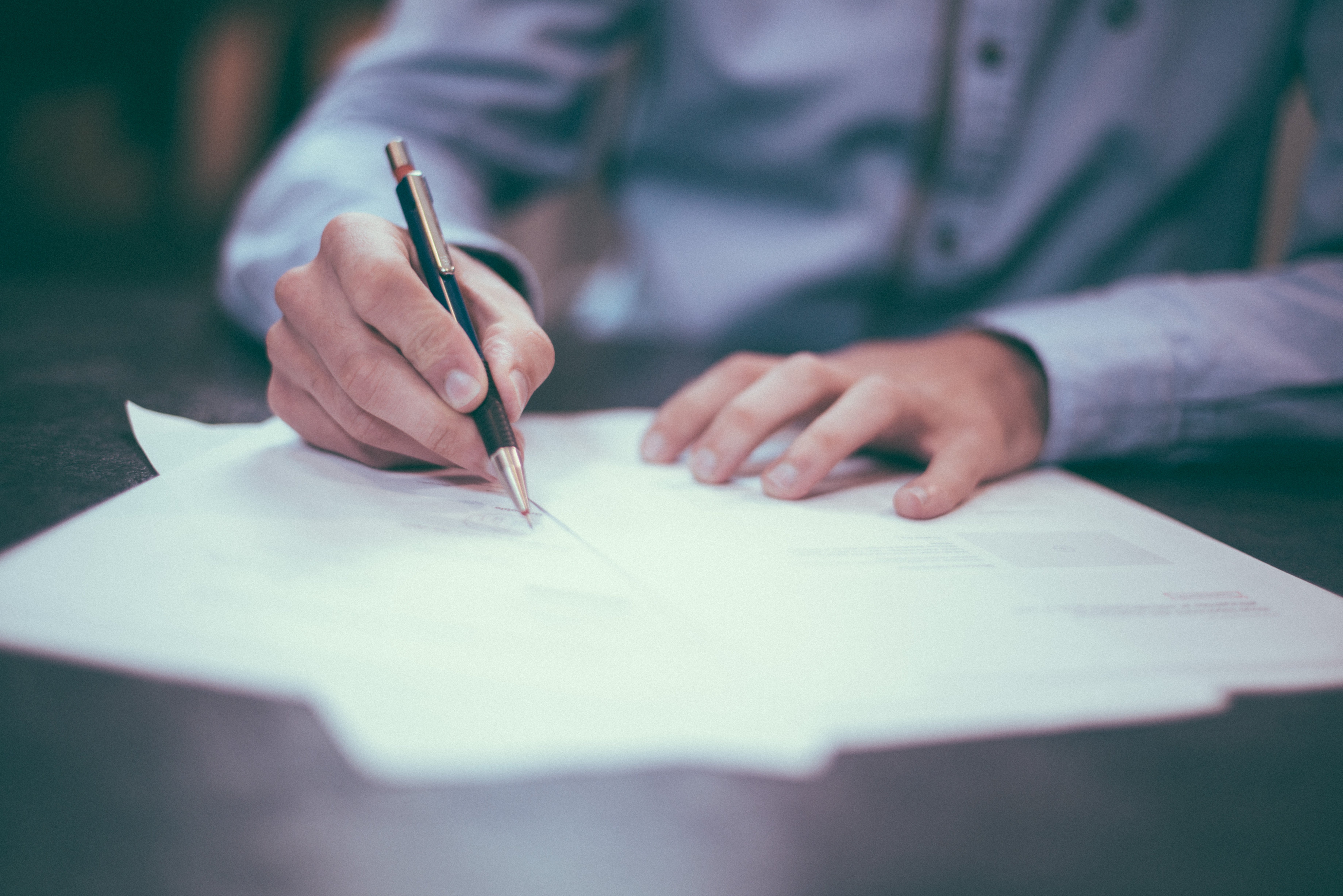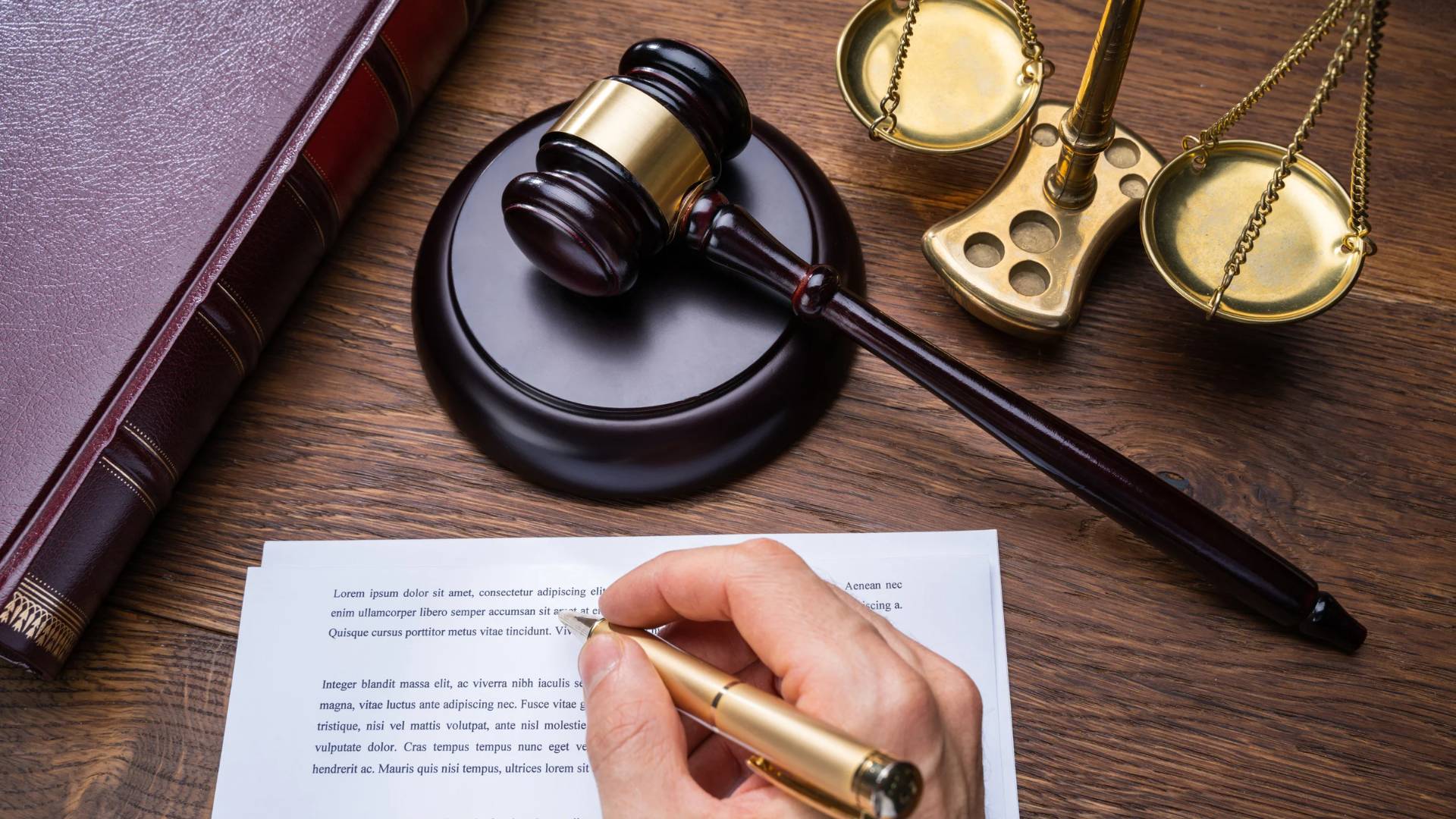Securing your Financial Assets

When there is an emergency or a catastrophe, your first concern is the immediate safety of your family and pets. Your second concern, once you are sure that your family and pets are safe, often revolves around finances. Financial security is necessary to ensure that you and your family can continue your lives in the same or nearly the same fashion as before the event. Thus, securing your financial assets is one of the initial precautions to address. Here is a quick list of things you should consider now so that you are prepared if the unexpected happens.
Most Things are Online
In today's digital age, many, if not most people, conduct their banking and financial activities online. As our society becomes more technologically advanced, physical financial tools are used less frequently. If you are still working, you probably have your paycheck deposited via direct deposit and use credit cards, debit cards, or checks to access your money. You might have a 401K, which, as far as you are concerned, is just a series of numbers on a statement that you receive. You rarely visit a physical bank to check your 401K.
Since everything is digital, it's important to understand how to secure your online financial assets. The answers are relatively straightforward but unique to online assets.
Steps to Secure Your Financial Assets
Securing your financial accounts is not difficult, but you need to first understand the risks to protect against them. One of the greatest risks is forgetting where an asset is and how to access it.
I conducted an experiment recently after experiencing a hurricane. I asked ten people I knew if they had an IRA or a 401K. Eight of them said they did, but only one could tell me the company that held their 401K and had access to the account. When I asked that one person if their loved ones would know about the 401K if something happened to them, they looked at me with a blank stare.
The greatest risk to your financial assets is losing them because you forget where they are, how to access them, or because nobody else knows the assets exist or how to access them.
Knowing this, here's what you need to do:
-
Make a list of all your assets, including stocks, bank accounts, insurance policies, and titles to homes or vehicles. Don't forget the less obvious ones, as it's easy to forget where some of these are located.
-
Ensure that you know how to access these assets. This means knowing the company, website, account number, username, and password for each asset.
-
Store this information in a place where you can access it in a crisis, and make sure it's accessible to those you want to have access to if something happens to you.
Crypto Wallets & NFTs
There are various types of wallets in the market. Non-custodial wallets, often referred to as "Exchange" or "Hosted" wallets, are easy to set up. All you need is an account with a hosting provider and a password. However, these wallets come with risks, such as a compromised account password or the risk of a sim swap attack. This can give unauthorized access to your tokens. Custodial wallets, on the other hand, give you more control over your wallet as you maintain your private key.
However, if you forget or lose access to that key, you risk losing all the financial assets inside your wallet. The same applies to hardware wallets, which can be challenging to access if you're unable to do so personally.
This brings us to the crucial question of how to securely store essential financial assets, such as access to banks, crypto wallets, and NFTs, in a way that is completely safe and secure, accessible only to you and selected individuals chosen by you.
This was the exact question that kept my partner and me up at night until we designed the IronClad Family Vault system. We have created special categories for securely storing this information using what we refer to as "Zero Knowledge Encryption," ensuring that only you know what's inside the Digital vaults that protect your information. You even have the ability to delegate the delivery of that information to us, ensuring that selected individuals can access it as you direct.
At the very least, ensure that financial documents are stored in a fireproof and waterproof case in your home, making them easy to grab quickly if you need to evacuate. Also, inform someone you trust of their location in case anything happens to you. Your financial assets are not just for you; they are also for the benefit of your family and loved ones.


